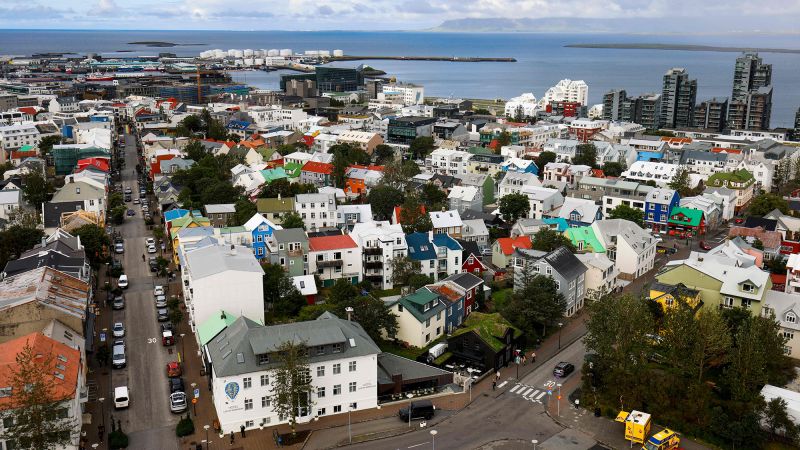
Iceland’s shorter work week an economic ‘success story’
CNN
Iceland’s economy is outperforming most European peers after the nationwide introduction of a shorter working week with no loss in pay, according to research released Friday.
Iceland’s economy is outperforming most European peers after the nationwide introduction of a shorter working week with no loss in pay, according to research released Friday. Between 2020 and 2022, 51% of workers in the country had accepted the offer of shorter working hours, including a four-day week, two think tanks found, saying the figure is likely to be even higher today. Last year, Iceland logged faster economic growth than most European countries and its unemployment rate is one of the lowest in Europe, noted the Autonomy Institute in the United Kingdom and Iceland’s Association for Sustainability and Democracy (Alda). “This study shows a real success story: shorter working hours have become widespread in Iceland… and the economy is strong across a number of indicators,” Gudmundur D. Haraldsson, a researcher at Alda, said in a statement. In two large trials between 2015 and 2019, public sector employees in Iceland worked 35-36 hours per week, with no reduction in pay. Many participants had previously worked 40 hours a week. The trials involved 2,500 people — more than 1% of Iceland’s working population at the time — and were aimed at maintaining or increasing productivity while improving work-life balance. Researchers found that productivity stayed the same or improved in most workplaces, while workers’ wellbeing increased “dramatically” on a range of measures, from perceived stress and burnout to health and work-life balance.













